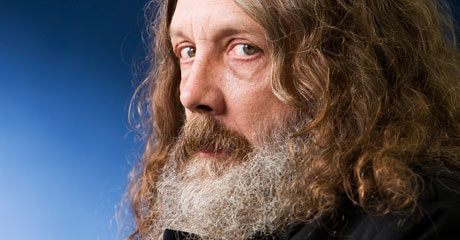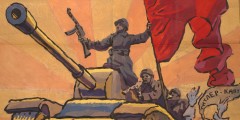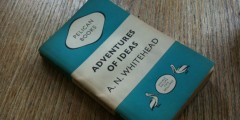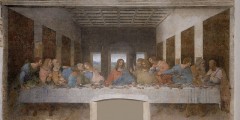Propaganda and Art
April 14, 2013
What are we to make of art that is put to some morally dubious purpose? Can we still appreciate it as art or has it become tainted by its use? Politicians are acutely aware of the stirring and motivating power of art and thus it is natural that they put it to use in propaganda, …
The Book
February 22, 2013
It lowers the heart rate. It stimulates your mind. It broadens horizons. Is there anything as lovely in life as reading a book, treating oneself to a few hours of escape? A book can be a window on a different world, perhaps a world of ideas. It can be a book of fantastic stories describing …
Soft or Hard?
January 20, 2013
We sometimes speak of the hard sciences, meaning physics, chemistry, mathematics and anything for which there are clear, determinate answers to be found. The hard/soft distinction can be found even in the arts. In philosophy we often distinguish between the hard end, of logic, metaphysics and epistemology, and the softer end of ethics, aesthetics and …
History and Politics
October 24, 2012
Earlier this month I attended the inaugural lecture of Celeste-Marie Bernier, a new professor at Nottingham’s Department of American and Canadian Studies. The lecture explored images of slavery, showing how the masters depicted their slaves one way while slaves and former slaves tried to tell a different story when they had the rare opportunity to be …
Riefenstahl’s Olympia
July 5, 2012
Can art be beautiful even though it’s wrong or would its wrongness destroy its beauty? This rather abstract question of contemporary aesthetics is made concrete in the example of filmmaker Leni Riefenstahl’s work. Riefenstahl was revolutionary, pioneering in the 1930s a number of cinematographic innovations. She used unusual angles on her subjects; she distorted the …







